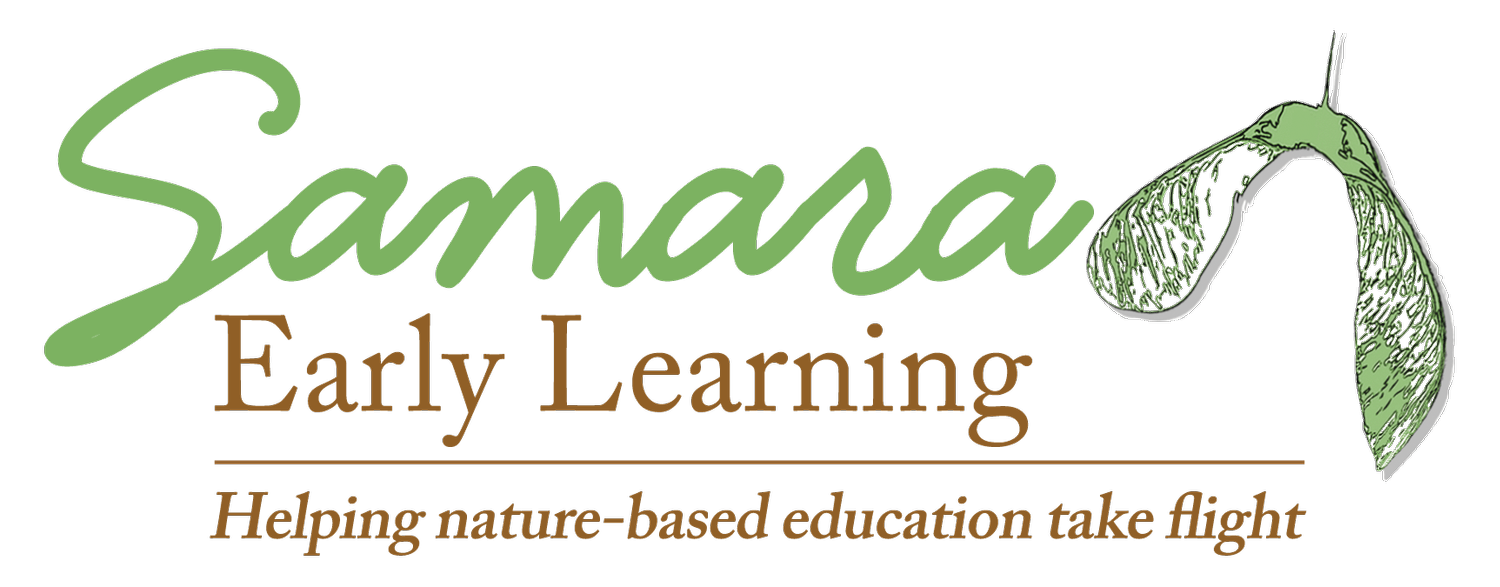Limited by our own understanding
This post originally appeared in Dr. Rachel A. Larimore’s weekly Samara newsletter on December 14, 2021. If you’re interested in receiving these emails, scroll to the bottom of this page to subscribe.
Last week I shared how delighted I was that Brené Brown’s new book Atlas of the Heart mentioned “Places we go when it’s beyond us” and emotions such as awe and wonder. Well, I want to return to her book for another moment…
The book maps 87 different emotions and experiences which are grouped together as they relate and compare to one another in our lived human experience. In the Introduction she explains her motivation for this work was a study she conducted where participants generally reported only three emotions—happy, sad, angry. As she says…
“Language is our portal to meaning-making, connection, healing, learning, and self-awareness….When we don’t have the language to talk about what we’re experiencing, our ability to make sense of what’s happening and share it with others is severely limited.” ~Brené Brown, Atlas of the Heart, p. xxi
I think this is particularly relevant to our work in nature-based education! If you’ve heard me speak, you’ve likely heard me mention Conscious Discipline as an approach to behavior in the classroom. A key step in the Conscious Discipline process of problem-solving with peers is naming the feelings. (“Oh, you look frustrated!”)
Brené’s book is a reminder of how difficult it is to name feelings for children if we as adults only know three (happy, sad, mad). In other words, our ability to teach children is limited by our own understanding of emotions.
This is true of many different aspects of teaching—our teaching is limited by our own understanding and language. Of course, it’s impossible to know everything about everything. Yet, we CAN remain curious and interested.
This curiosity can be about human emotions, the natural world, the best way to keep children’s hands warm on a winter day, and so forth. It’s the growth mindset, or the willingness to learn, that is so important to our ongoing work as educators. (See more about Carol Dweck’s growth mindset concept)
So, as you’re thinking about children’s social-emotional development, I hope you’ll get curious about the 87 human emotions.
How can we be more aware about integrating different emotions into our language?
How can we support children in understanding and talking about different emotions?
Keep changing lives,
Rachel
Rachel A. Larimore, Ph.D., Chief Visionary of Samara Learning
About Rachel
Dr. Rachel A. Larimore is an educator, speaker, consultant, author, and former nature-based preschool director. As the founder and Chief Visionary of Samara Early Learning her work focuses on helping early childhood educators start nature-based schools or add nature-based approaches into their existing program. Learn more about Rachel here.


